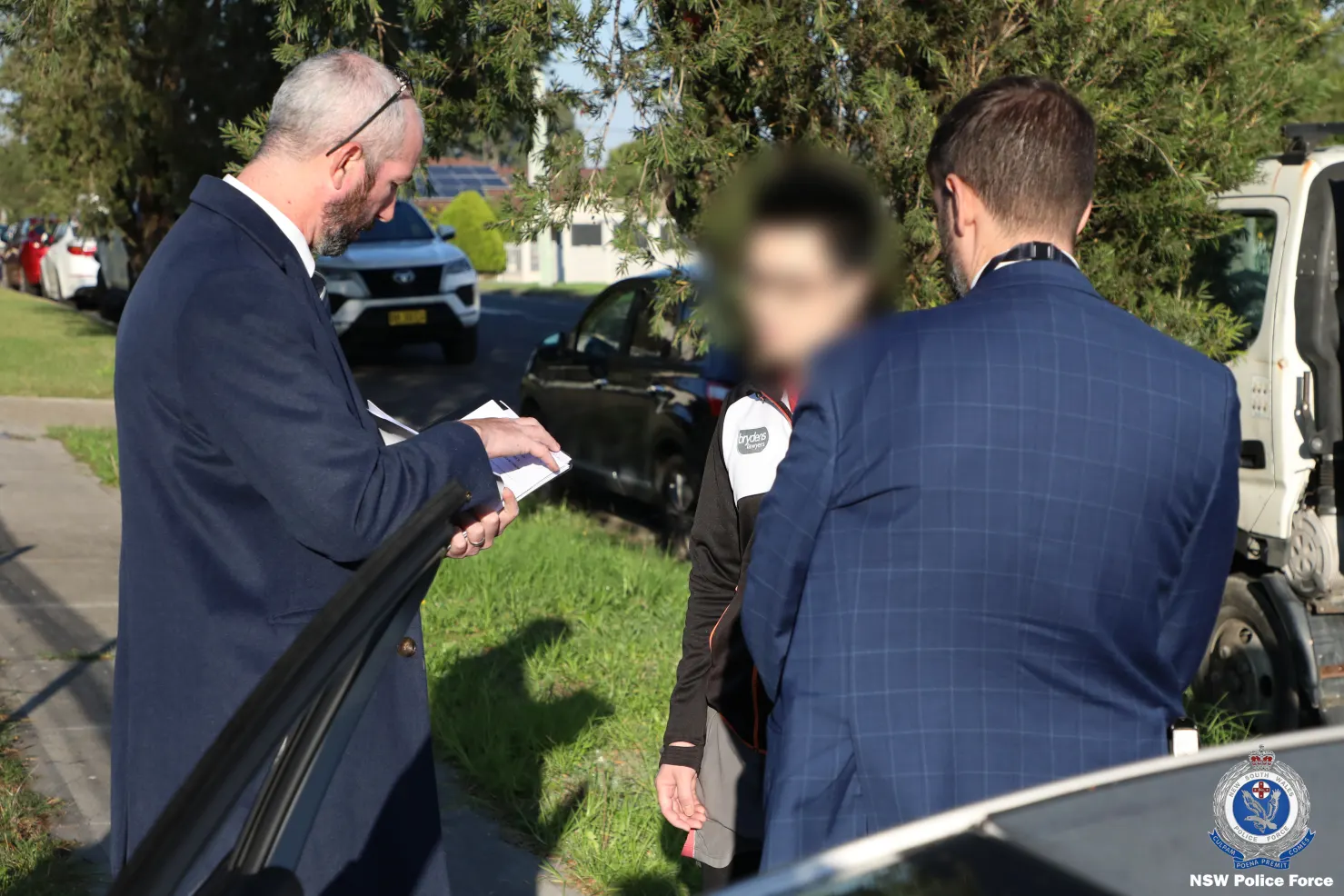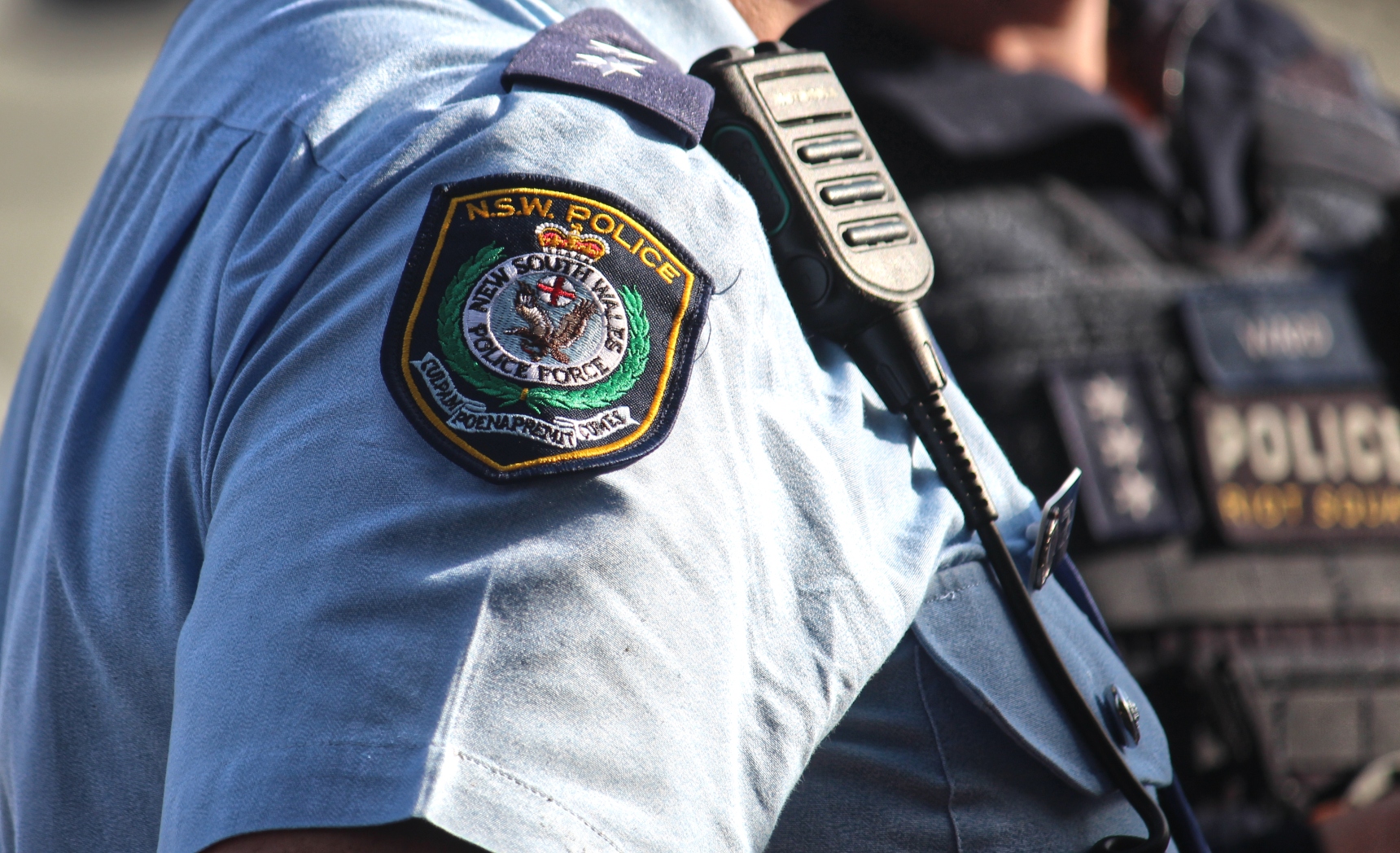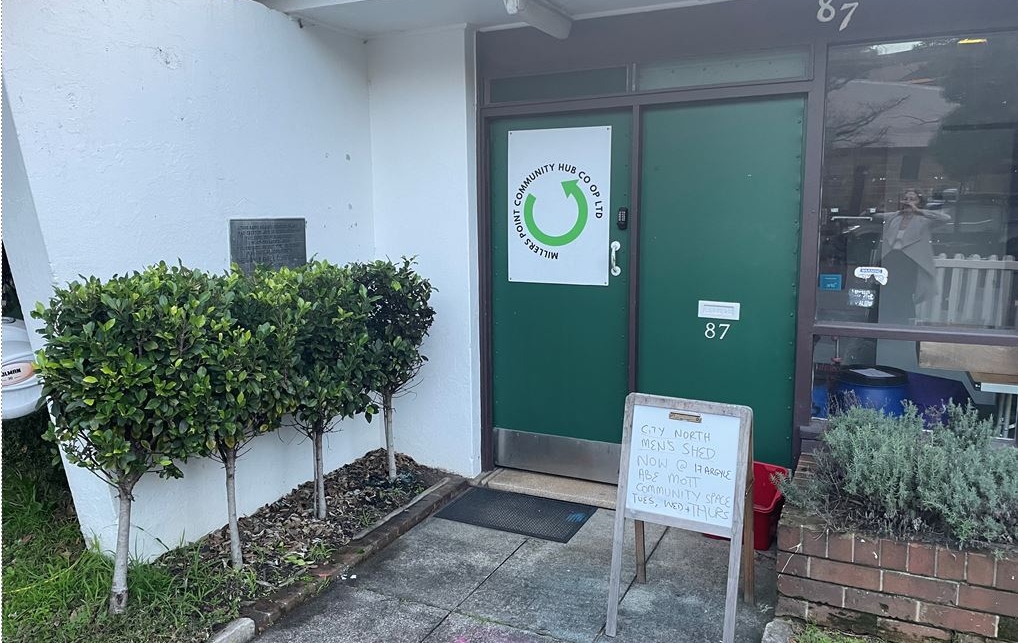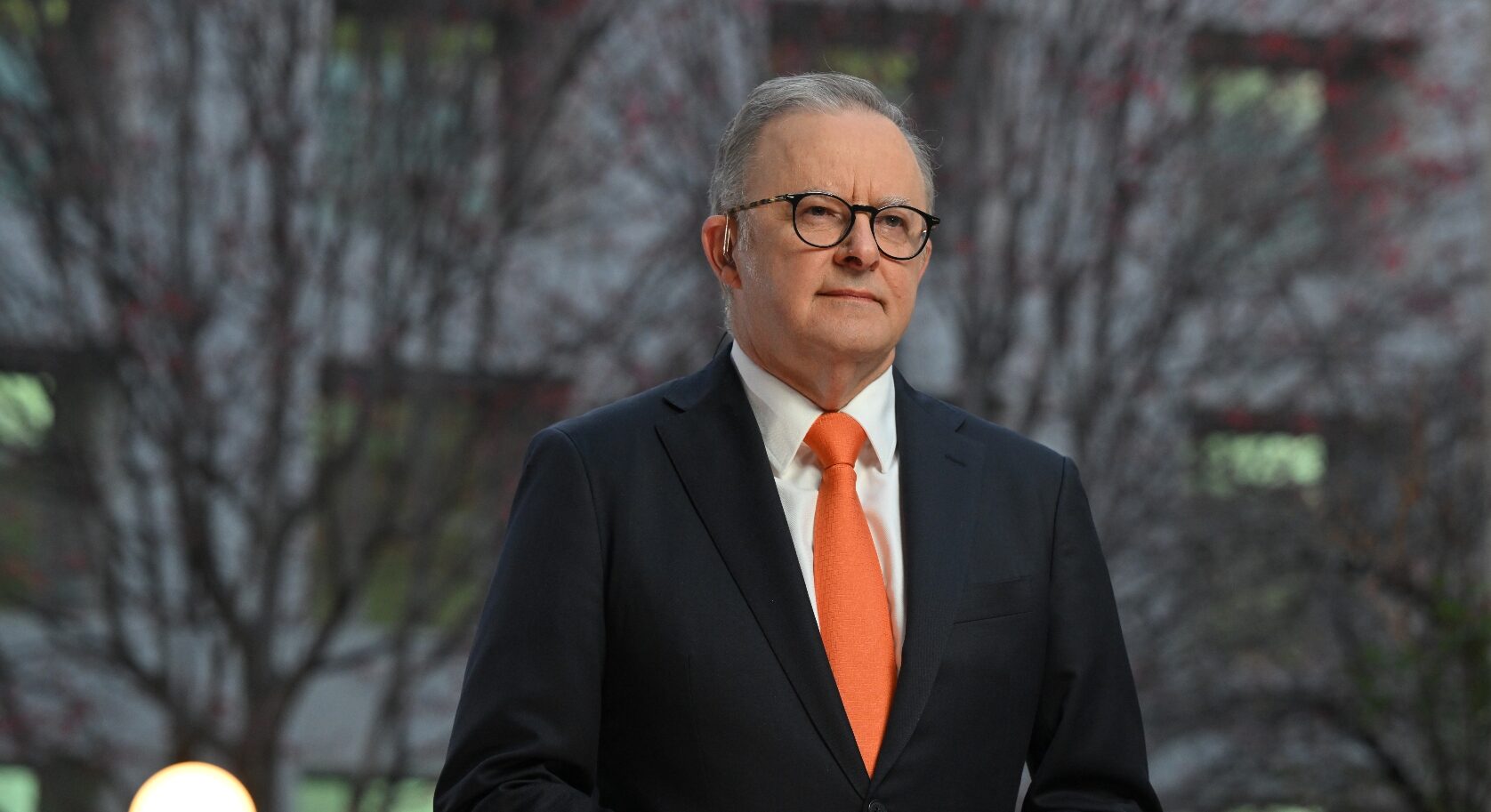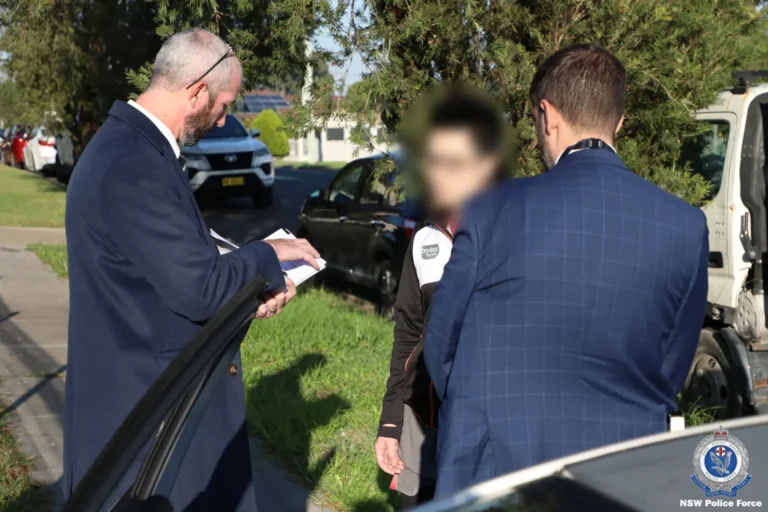
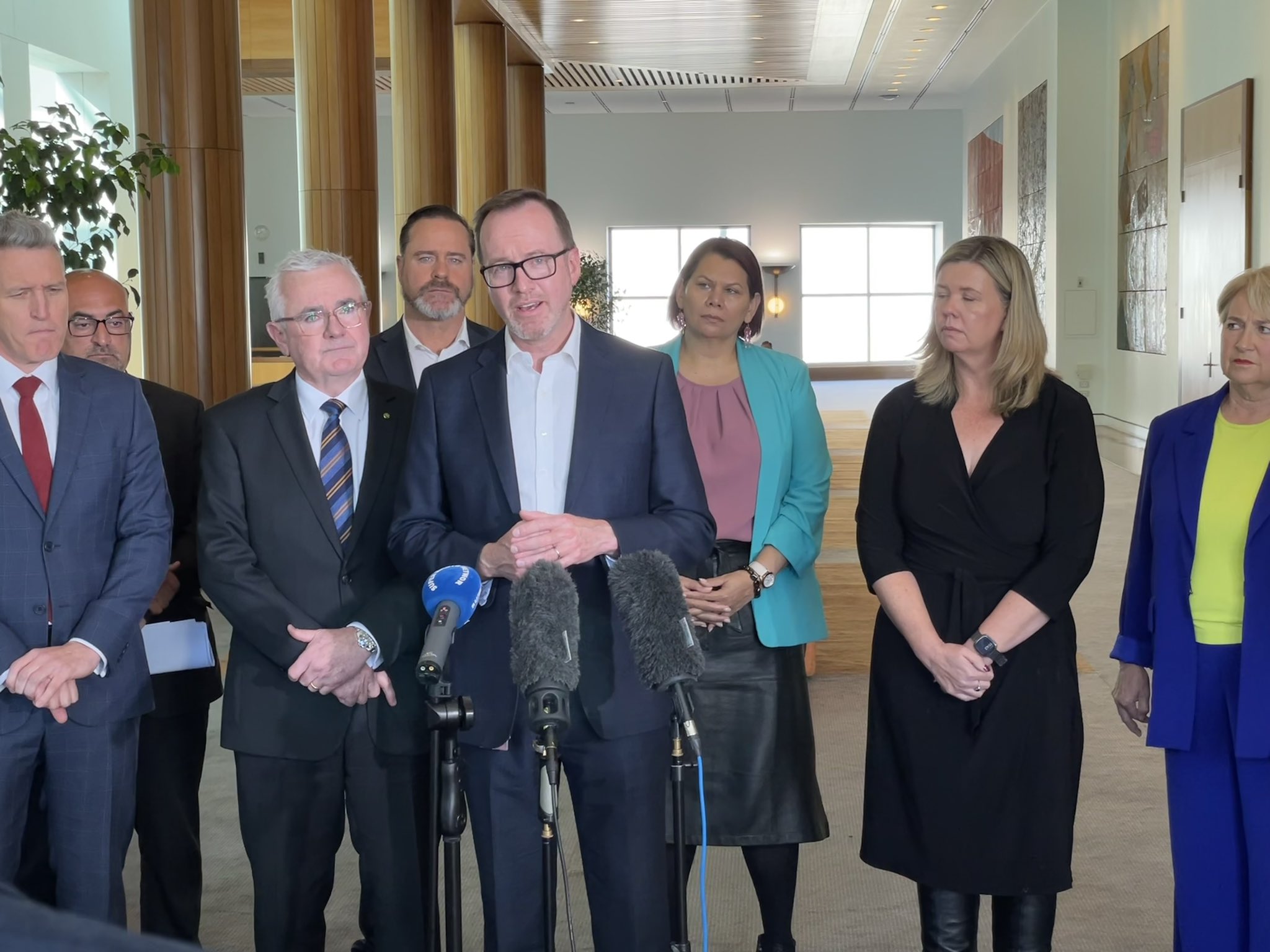
By ERIN MODARO
A coalition of Australian politicians have taken action to bring Julian Assange home after meeting with the US Ambassador Caroline Kennedy in Canberra this morning.
The meeting comes just days after Prime Minister Anthony Albanese said he was “frustrated” with the lack of action on Assange’s case, and said he was working to free the WikiLeaks founder from his current detention in London.
A group of Parliamentarians from across Australia met with Kennedy to discuss the United States’ call to extradite and prosecute Assange for espionage.
NSW Greens Senator David Shoebridge, co-chair of the Bring Julian Assange Campaign, tweeted that the Parliamentary group “will keep pushing for diplomatic intervention to bring him home”.
Standing up with the Parliamentary Group to bring Julian Assange Home – we met with the US ambassador this morning and will keep pushing for diplomatic intervention to bring him home pic.twitter.com/3NakBVxznR
— David Shoebridge (@DavidShoebridge) May 9, 2023
Julian Assange Parliamentary Group met this morning with US Ambassador Caroline Kennedy, to push for resolution of this case.
A good discussion that enables the Ambassador to convey the cross-party view to Washington DC. Enough is enough. #auspol pic.twitter.com/FjwvphIFR6
— Julian Hill MP (@JulianHillMP) May 9, 2023
Other co-chairs to attend the meeting included Tasmanian MPs Bridget Archer (Liberal) and Andrew Wilkie (Independent), and Western Australian MP Josh Wilson (Labor), as well as Labor MP Julian Hill.
“Enough is enough,” Julian Hill tweeted this morning. He said that the meeting was to “push for the resolution of this case”, and said the discussions would allow the Australian cross-party view that Assange should be released could be conveyed to Washington D.C.
Co-chair MP Andrew Wilkie in the past has criticised the US’s push for extradition, saying “The man’s an Australian. He’s not an American”.
“He wasn’t in the US when he spoke out about the war crimes. Put simply he must be allowed to return to Australia,” Wilkie said.
Assange held in UK prison
Julian Assange has been held in London’s Belmarsh Prison since April 2019, facing 17 counts under the Espionage Act and one count under the Computer Fraud and Abuse Act for leaking classified documents about the Afghanistan and Iraq war, among other diplomatic documents.
The Unites States has faced global backlash from governments and human rights groups across the world for their repeated attempts to extradite Assange.
In April 2023, 48 Australian politicians penned an open letter to US attorney general, Merrick Garland, calling for the US to abandon extradition attempts.
“If the extradition request is approved, Australians will witness the deportation of one of our citizens from one Aukus partner to another – our closest strategic ally – with Mr Assange facing the prospect of spending the rest of his life in prison,” the letter said.
“This would set a dangerous precedent for all global citizens, journalists, publishers, media organizations and the freedom of the press. It would also be needlessly damaging for the US as a world leader on freedom of expression and the rule of law.”
Assange’s case has been called to the attention of free speech activists over the moral implications of persecution for the publication of classified information in the public interest.
May 3, which marked World Press Freedom Day, sparked a new wave of discussion over the US’s actions on Assange’s case.
World Press Freedom Day: “As we’re here in the United States, one thing that the United States could concretely do is drop the charges against Julian Assange” | President @pressfreedom @jodieginsberg #WPFD23 #FreeAssangeNOW #JournalismIsNotACrime https://t.co/92OBbb0Ktd pic.twitter.com/68Q7qWizWP
— WikiLeaks (@wikileaks) May 3, 2023




